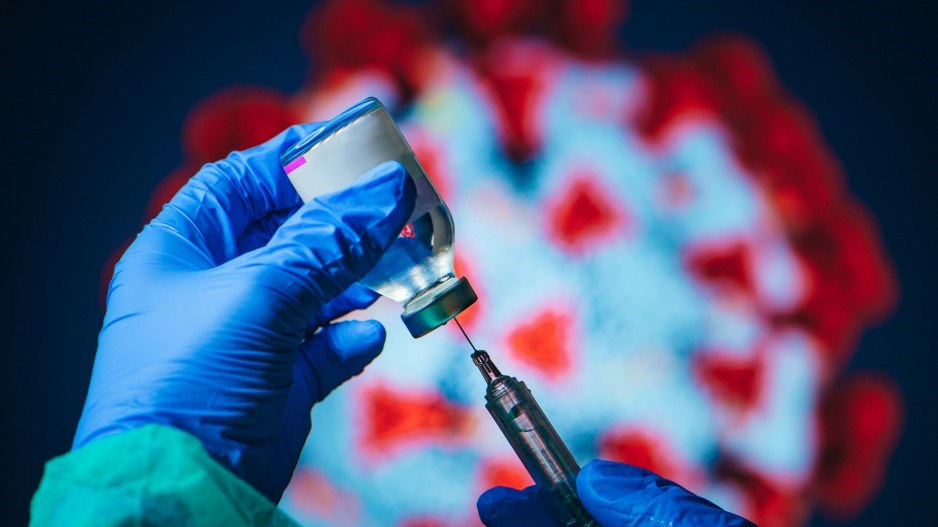B.C.’s top doctor is expressing optimism vaccinations against COVID-19 will soon resume at scale amid ongoing shortages from manufacturers.
“We hope and we’ve been told we’ll be increasing our available supply as the month progresses,” provincial health officer Dr. Henry said during a Monday (February 1) briefing.
“We’re continuing with our preparations to have widespread immunizations underway at a bigger scale than we’ve ever done before across the province.”
Last month, the province once vulnerable groups and at-risk workers are inoculated by the end of March.
The strategy entails in an effort to administer doses to 4.3 million eligible British Columbians by the end of September (residents under the age of 18 are not currently eligible).
But Henry signalled optimism Monday that Health Canada would approve additional vaccines in the coming weeks – a prospect that would allow the province to accelerate plans to vaccinate all eligible British Columbians by the end of September.
The province’s current immunization timelines are based on access only to the joint Pfizer Inc. and BioNTech SE vaccine, and the competing Moderna Inc. vaccine.
The federal government has contracts with seven manufacturers to provide Canada with more than 400 million vaccine doses.
But those contracts are contingent on regulatory approval.
Canada and B.C. are dealing with ongoing shortages of the Pfizer vaccine amid efforts to expand production capacity at its manufacturing facility in Belgium.
Moderna is also reducing its next shipment to Canada by about 20% amid its own production delays.
“We have vaccine, but it’s coming in small amounts and we’ve hit a bit of a pause because of vaccine supply,” Henry said.
B.C. Health Minister Adrian Dix on Monday reiterated that the province estimates 10% of the population would be vaccinated by the end of March and less than 50% would be vaccinated by the end of June.
To date, 138,892 vaccinations have been administered in B.C. — up from the 129,241 total vaccinations administered since the last provincial update on Friday.
Of those vaccinations, 134,401 were for the first dose and 4,491 were for the second dose.
Both Pfizer and Moderna require two doses.
The B.C. government is now stretching the gap between first and second doses from 35 days to 42 days as a result of the shortages.
Pfizer recommends 21-28-day gaps but Henry emphasized in early January that evidence shows that the vaccines are still effective even if that gap is extended to 42 days.
Prime Minister Justin Trudeau said
He also insisted Canada remains on track to receive all of its previously guaranteed doses set for the first quarter of 2021.
Meanwhile, the European Union has been floating the idea of imposing export controls on vaccines produced within its member states to ensure supply for EU members is prioritized.
The potential measures would mean countries in which vaccines are manufactured would require approval to ship to non-EU countries.
Trudeau said last week he’s received assurances from European Commission President Ursula von der Leyen that those measures will not affect the delivery of vaccines to Canada.


